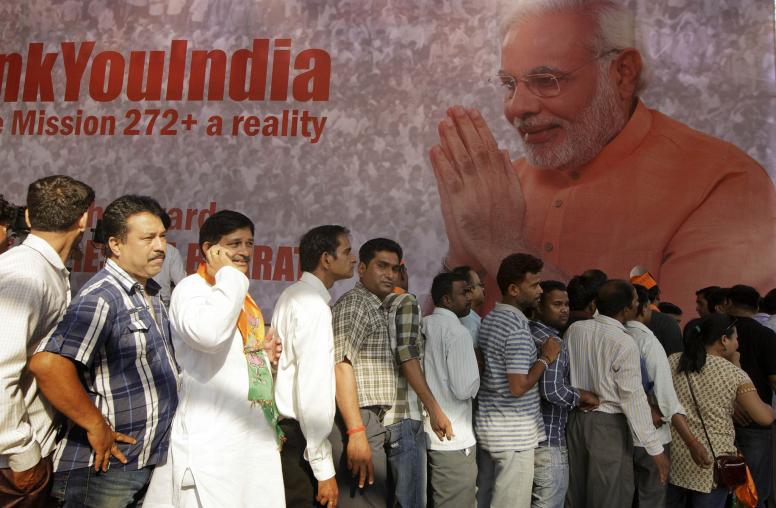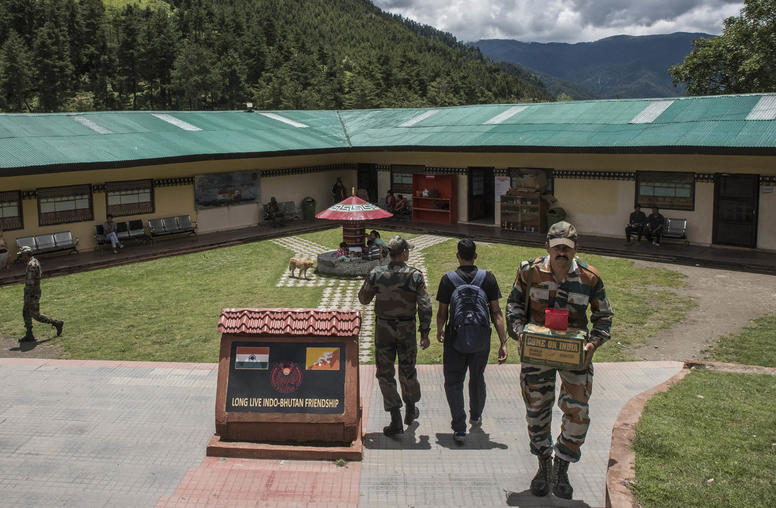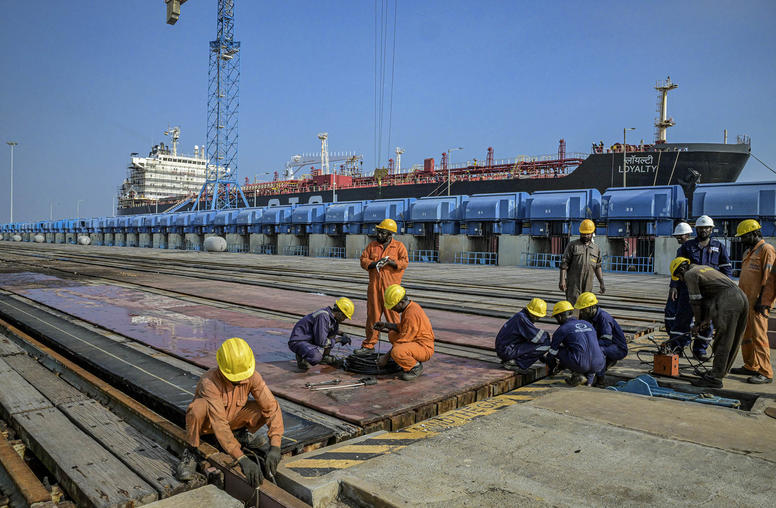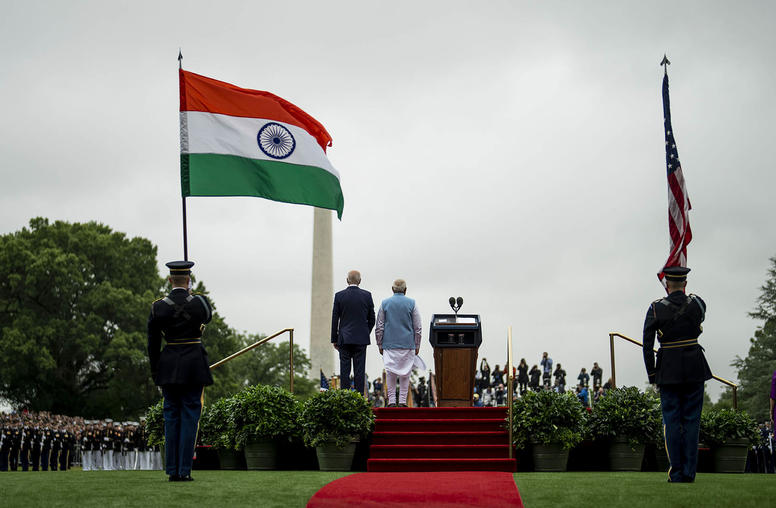Sameer P. Lalwani, Ph.D.
Contact
Please submit all media inquiries to interviews@usip.org or call 202.429.3869.
For all other inquiries, please call 202.457.1700
Sameer Lalwani is a senior expert on South Asia at the U.S. Institute of Peace. He is also a non-resident senior fellow with the Center for Strategic and Budgetary Assessments.
From 2015 to 2022, Dr. Lalwani was a senior fellow for Asia strategy and the director of the South Asia program at the Stimson Center. He has also spent time as an adjunct professor at George Washington University’s Elliott School of International Affairs and as a Stanton nuclear security postdoctoral fellow at the RAND Corporation.
Dr. Lalwani’s research interests include nuclear deterrence, interstate rivalry, alliances, crisis behavior, counterinsurgency and Indo-Pacific security. He has conducted field research in India, Pakistan and Sri Lanka. Dr. Lalwani is a term member with the Council on Foreign Relations, and a contributing editor to War on the Rocks. He earned his doctorate in political science from the Massachusetts Institute of Technology and was an affiliate of the MIT Security Studies Program.
He was the editor of the book “Investigating Crises: South Asia’s Lessons, Evolving Dynamics, and Trajectories.” His research has also been published in outlets such as Security Studies, International Studies Quarterly, the Journal of Strategic Studies, Small Wars & Insurgencies, Survival, The Washington Quarterly, Asian Survey, Foreign Affairs, Politico, and The New York Times.




